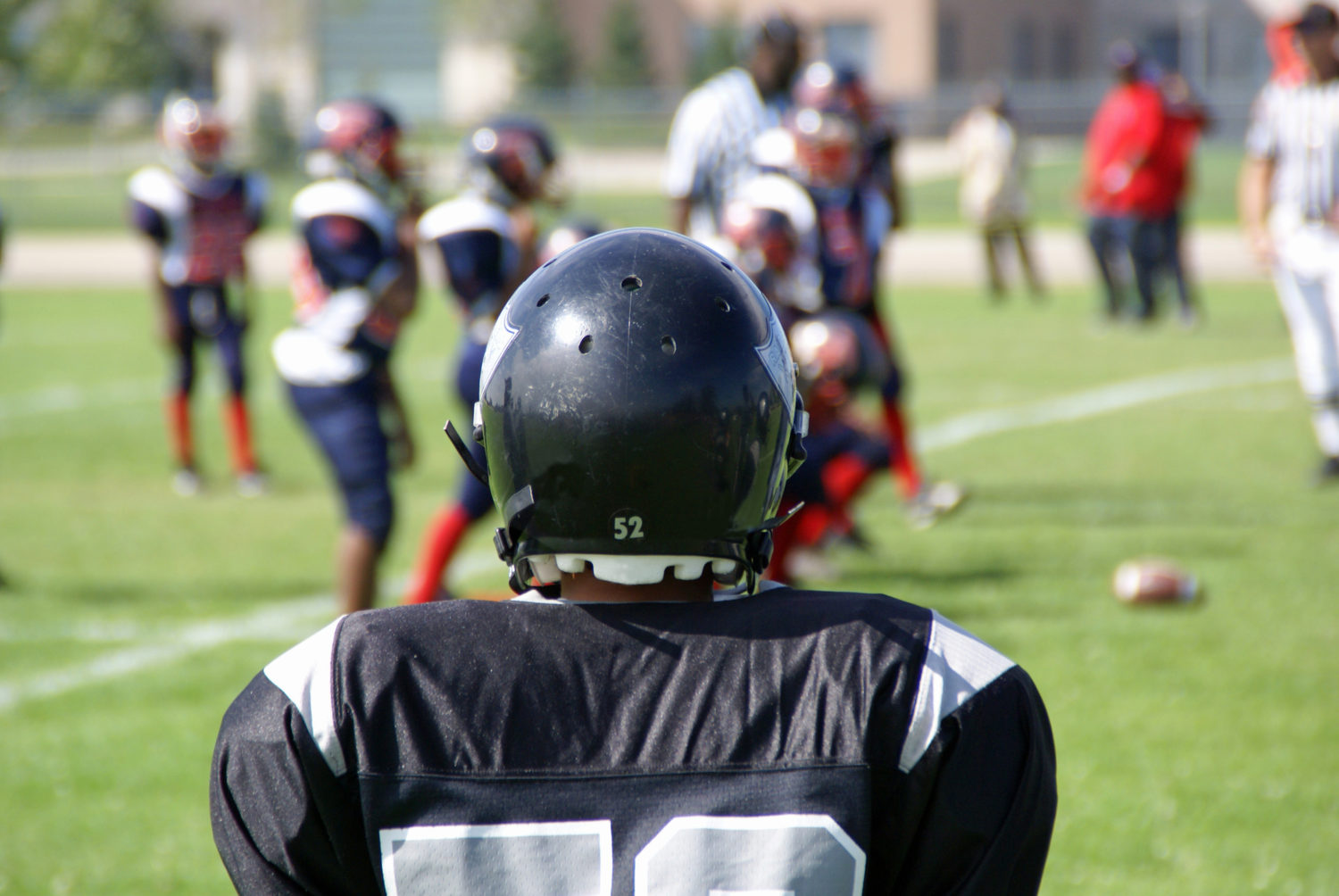

By John R. Mishock, PT, DPT, DC
Despite COVID-19 the NFL, college, high school, and youth football is being played. Beyond the concern for prevention of COVID-19, concussion prevention and management are at the forefront of health providers’ concerns. According to NFL injury data, 224 reported concussions were reported in 2019, up 4.7 % from 214 in 2018. Those numbers are still 20.3% lower than the number of reported concussions (281) from the 2017 season. (https://www.nfl.com)
The Centers for Disease Control and Prevention estimates that as many as 4.8 million sports- and recreation-related concussions occur each year. These concussions do not happen only in football. People who have physically demanding jobs or who engage in organized sports activities are at risk for concussion.
A concussion is a mild brain injury that occurs when the brain is shaken inside the skull, causing changes in the brain’s chemistry and energy supply. Concussions happen due to a direct blow to the head or an indirect force, such as whiplash.
High-risk sports for concussion per 1,000 participants:
- Rugby (4.18/1,000 AE)
- Ice hockey (1.20/1,000 AE)
- American football (0.53/1,000 AE)
- Lacrosse (0.24/1,000 AE)
- Football (or soccer) (0.23/1,000 AE)
- Wrestling (0.17/1,000 AE)
- Basketball (0.13/1,000 AE)
- Softball & Field Hockey (Tie) (0.10/1,000 AE)
- Baseball (0.06/1,000 AE)
- Cheerleading (0.07/1,000 AE)
(https://completeconcussions.com/2018/12/05/concussion-rates-what-sport-most-concussions)
Signs and Symptoms
There are many symptoms related to a concussion that can affect your physical, emotional, and mental well-being including; headache, dizziness, difficulty with balance, Nausea/vomiting, fatigue, difficulty sleeping, double or blurred vision, sensitivity to light and sound, difficulty with short-term or long-term memory, confusion, slowed “processing” (for instance, a decreased ability to think through problems), “fogginess”, and difficulty with concentration
How Can a Physical Therapist Help?
Physical therapists can evaluate and treat many problems related to concussion. After a concussion, it is crucial to limit any exertion for a few days and then gradually resume activity per your medical provider’s advice. The brain won’t have time to heal if you increase physical exertion too soon. Because every concussion presents differently, the physical therapist’s examination is essential to assess your symptoms and functional limitations. The physical therapist then designs a treatment program.
If you have dizziness or difficulty with balance following a concussion, vestibular physical therapy may help. A qualified vestibular physical therapist can provide specific exercises and training to reduce or stop dizziness and improve balance and stability. Your physical therapist will also examine your for neck for symptoms or problems that may occur following a concussion. Neck injuries can cause headaches and contribute to some forms of dizziness.
As the post-concussion symptoms continue to improve, your physical therapist will help you to resume physical activity. Returning to your previous activity level must be gradual to avoid overloading the brain and nervous system that have been compromised by the concussion.
Football Prevention Tips
- Limit the amount of contact during practices. No full speed head-on blocking or tackling drills in which the players line up more than 3 yards apart.
- Teach athletes proper techniques and ways to avoid hits to the head.
- Limiting the amount of practice time that includes scrimmages or full-speed drills.
- Keep a close eye on athletes during running plays, especially an athlete in the running back or wide receiver position.
- Avoid hitting another athlete while leading with the head.
- Practice proper tackling form with the head-up away from the individual’s body.
- Make sure athletes always wear a helmet that fits well and is in good condition.
- Enforce the rules of the sport for fair play, safety, and sportsmanship.
We can help!
Reduce pain and increase function, call for a FREE Phone Consultation at (610)327-2600 or email your questions to mishockpt@comcast.net
Visit our website to read more physical therapy related articles, learn more about our treatment philosophy, our physical therapy staff, and our 6 convenient locations in Gilbertsville, Skippack, Phoenixville, Pottstown, Limerick (inside the Spring Valley YMCA), and NOW Boyertown! (Across from Wal-Mart)
(Dr. Mishock is one of only a few clinicians with doctorate level degrees in both physical therapy and chiropractic in the state of Pennsylvania.)
